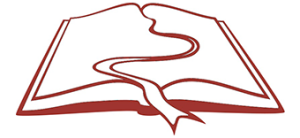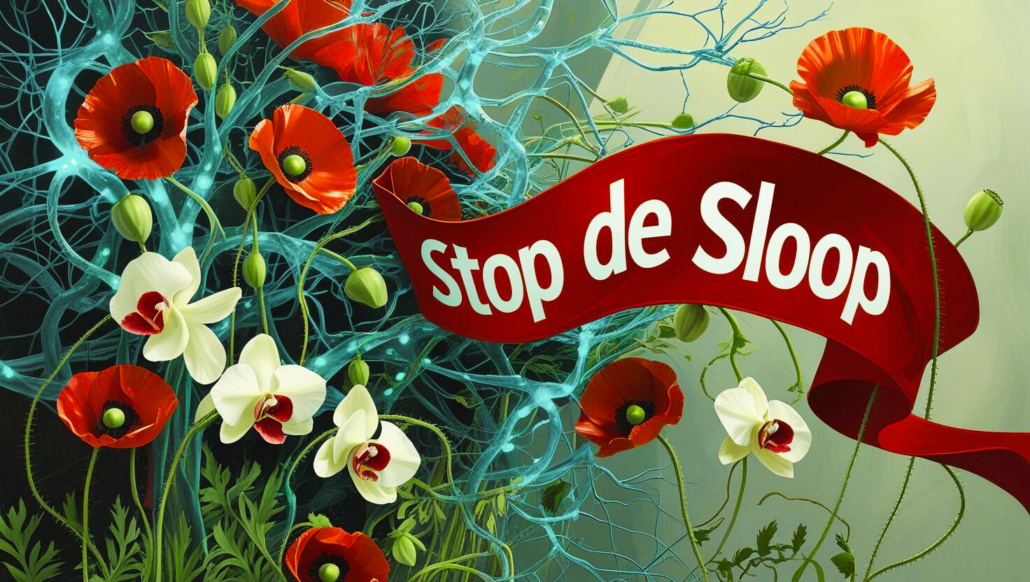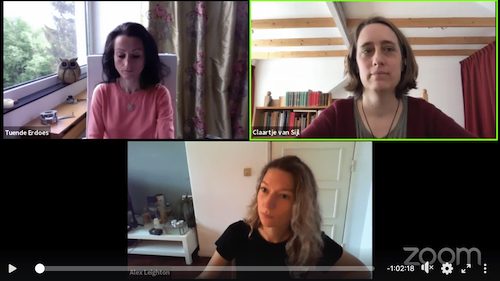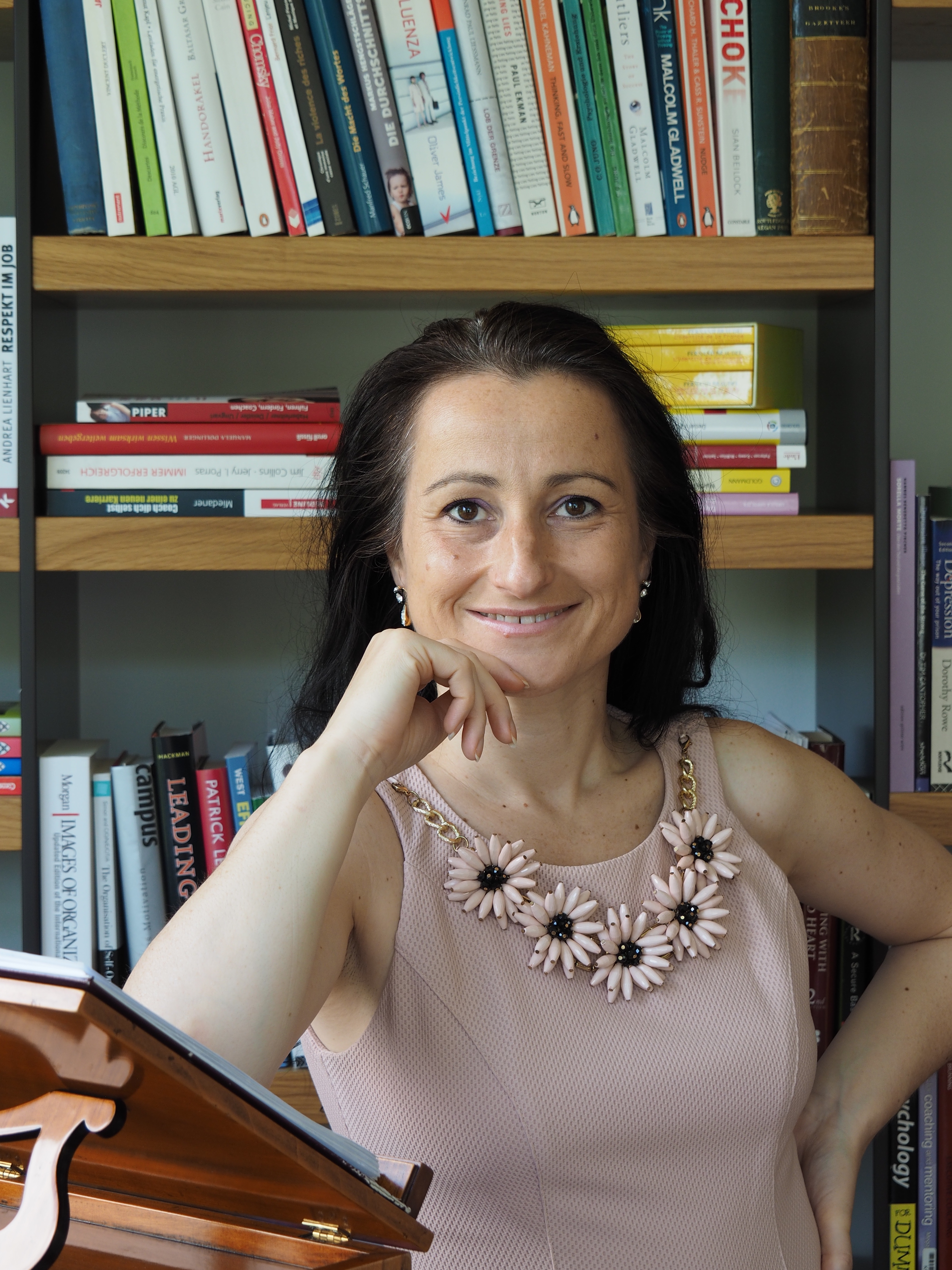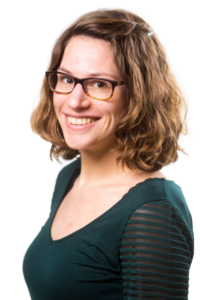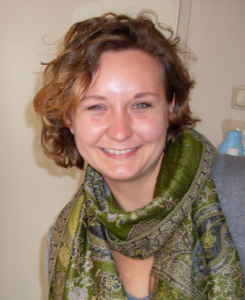In Defence of Love: A Manifesto for Researchers in Troubled Times
In academia today, love has become a subversive force. I mean the kind of love rooted in intellectual dedication, ethical responsibility and commitment to truth, justice and wonder. The kind of love that listens, stays with complexity, and refuses to reduce people to data points or knowledge to commodities. This love asks not only what we can publish or monetise, but also who we become in the process.
This plea calls for nurturing this love. In an age when academic freedom is under attack, when productivity measurements flatten the imagination, and when truth itself is politicised, monetised, rendered suspect, love is perhaps our most radical method. But like all powerful forces, love carries risks.
Love understood as intellectual devotion gives meaning and resilience.
But devotion without dignity can lead to into self-sacrifice and exploitation. Honour loving science and scholarship by demanding fair (working) conditions, not only for yourself but for all who work in the name of knowledge.
To love as a researcher is to care deeply about the implications of your work.
Even when ethical issues are systemic, scientific accountability often feels deeply personal. And institutions that benefit from our ethos rarely protect us when we act accordingly. Avoid moral exhaustion. For example, create space to say, ‘This doesn’t sit well with me – can we talk about it?’ Especially as members of the board, professors and managers show that moral reflection is part of the profession by asking yourself aloud, ‘Who is most affected by this research/decision and how are they represented? What ethical discomforts have I not mentioned?’
Love attunes us to others and this supports scientific quality.
Philosophically, the dichotomy between emotion and reason that still defines academic standards is a legacy of Enlightenment thinking. While emotional capacities (such as empathy, sensitivity to injustice, mentoring, emotionally engaged teaching) foster trust in the lab/college/field, a detached, rational, objective focus still often remains the gold standard for academic legitimacy. This split – where one is simultaneously expected to be highly personally engaged and not sacrifice objectivity – creates a deep tension that dehumanises both the researcher / lecturer and the researched / student. Recognise and reward the loving academic who is able to see the other in all its complexity and as an end in itself.
Love enables wonder and insight.
History shows that transformative ideas – from paradigm-shifting theories to pioneering technologies – come precisely from a willingness to remain curious, to endure not-knowing. But this loving, open gaze, in which the unexpected can take root, is ineffective and even threatening in dominantly controlling, rigid systems that reward predictability, uniformity and measurable results. I warmly invite us in the Netherlands and Europe to ask questions we didn’t know we had. I encourage us to notice patterns that others overlook, connect fields that rarely speak to each other and explore hypotheses that defy dominant paradigms. Innovation thrives where openness is met with support, not with distrust.
Conclusion: Love is not a luxury
To love in today’s university is to resist cuts and other measures that go against the very soul of academic research and teaching. It is insisting that knowledge is not a product, students not customers, and research not a prestige game. Love reminds us why we began to research, who and what we serve by doing so. It keeps us soft where the system wants us hard, connected where the system wants us isolated, and resourceful where the system wants us efficient. This is not sentimentality. It is strategy. It is survival. And it is a basis for a vision of academia with heart and soul.
